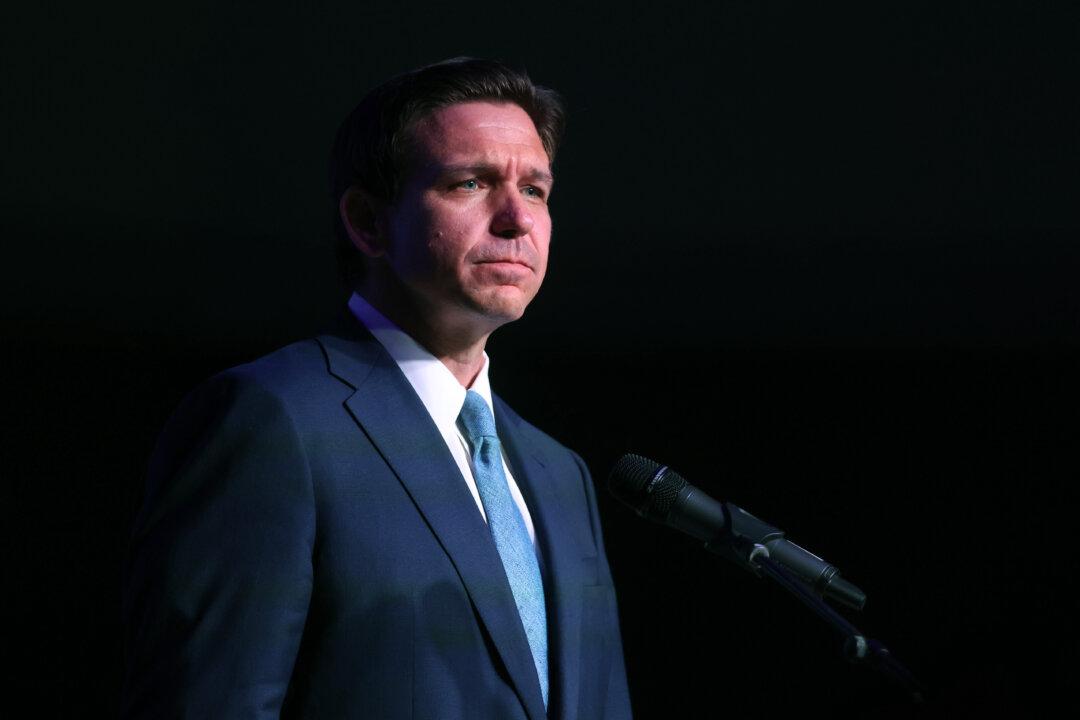Florida Gov. Ron DeSantis on May 24 filed a formal notification with the Federal Election Commission that he is running for president.
DeSantis, whose entry into the race has been awaited for months, is expected to publically announce his candidacy tonight at 6 p.m. on the Twitter social media platform with Elon Musk.





